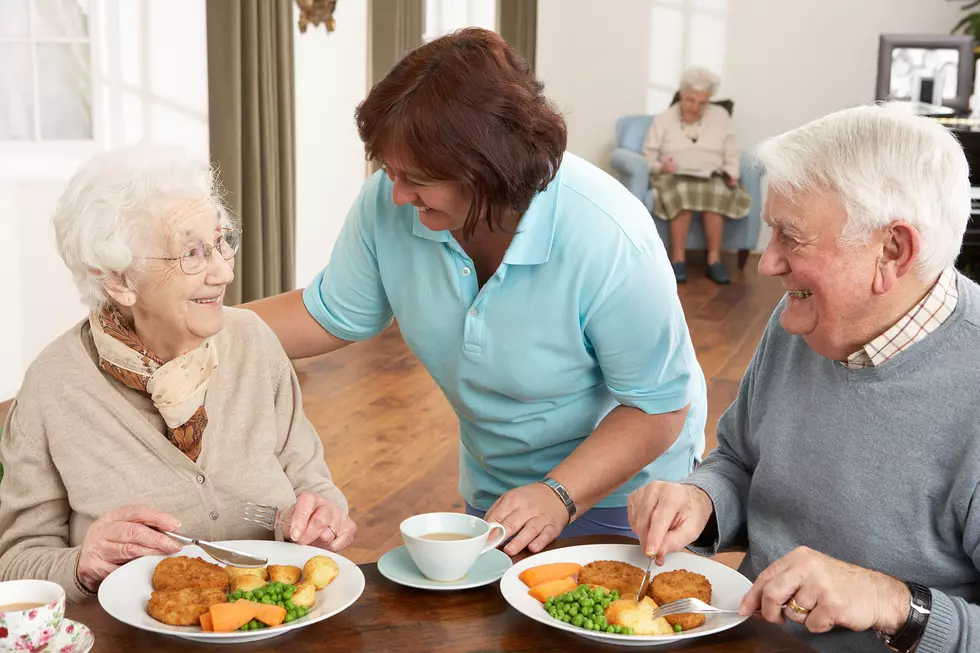NJ’s rank not good for long-term elder care
New Jersey falls in the middle of the pack in its quality of long-term services and support for the elderly and developmentally disabled adults, according to a recently released state-by-state scorecard from AARP, The Commonwealth Fund, and The SCAN Foundation.
The Garden State ranked 26th overall in the scorecard, which measured progress in improving long-term services including home care, family-caregiver support, and residential services such as nursing homes.
This year's ranking is only a minor drop from 2011, when a similar study placed the Garden State 22nd. However, the ranking is an amalgamation of multiple categories, some of which New Jersey struggled in.
New Jersey scored well, ranking 13th, in the "affordability and access" category, with the state helping families who have exhausted all of their financial options. However, the state did poorly when it came to giving the "choice of setting and provider," ranking 37th.
"The problem is, most of the dollars are spent on nursing home care, not home care, so it's the opposite of what people are looking for," said Dr. Susan Reinhard, senior vice president of AARP.
New Jersey also scored very well in terms of not using chemical sedation on residents of nursing facilities, but was one of the worst when it came to preventing bed sores, ranking 49th in the country.
"That's just not acceptable," said Reinhard, who pointed out it's not an issue of governmental regulation but enforcing elements of basic care in each nursing home.
"Turning people, making sure that the skin is clean, this is basic nursing care that needs to be improved in nursing homes," she said.
Additionally, New Jersey was 21st in "quality of life and quality of care," 22nd in "support for family caregivers," and 36th in "effective transitions" (e.g., being able to go home without returning to the nursing home).
Though the Garden State still beats a large portion of the country in these categories, including neighboring Pennsylvania, New Jersey hasn't seen much improvement over the years either.
Reinhard said the stagnation is a serious problem, especially since the clock is ticking on many of these issues.
"In just a few years, the ratio of potential family caregivers to those who need family caregiving will go from what we have now, which is 7-to-1, to 3-to-1," she said.
More From 92.7 WOBM






![Caregiver Volunteers of Central Jersey Salute Their Volunteers at the Jersey Shore [VIDEO]](http://townsquare.media/site/394/files/2019/05/CVCJ.jpg?w=980&q=75)



